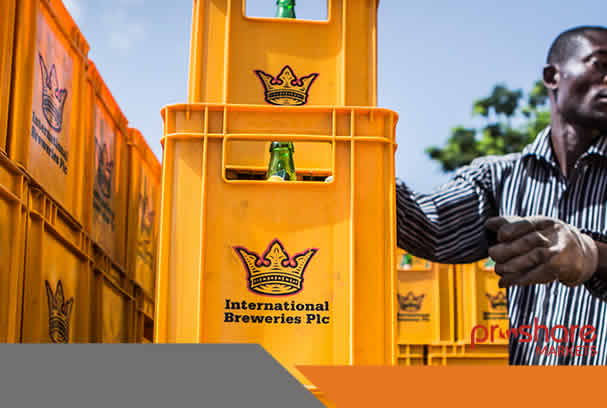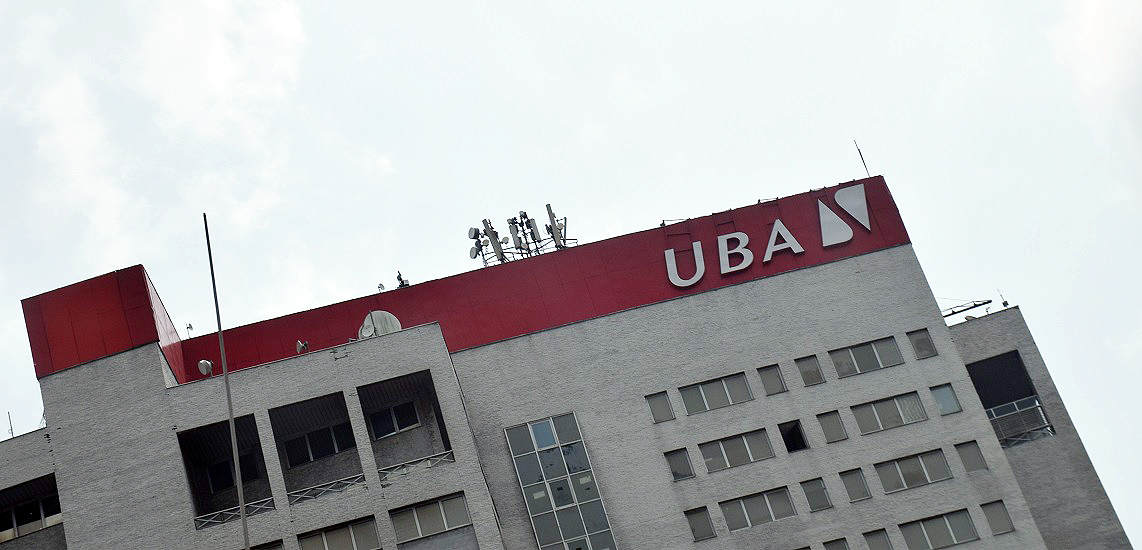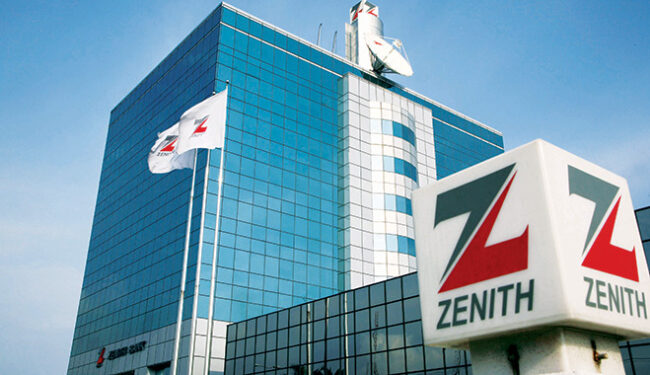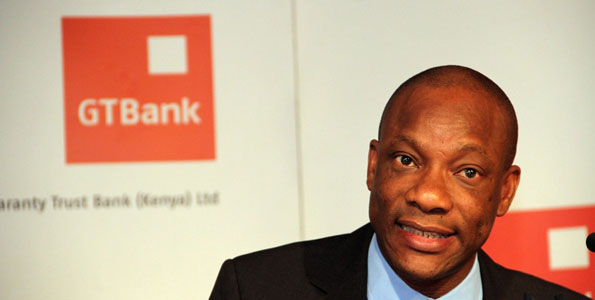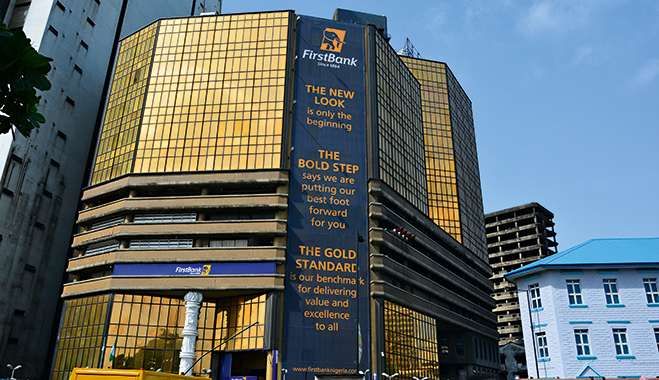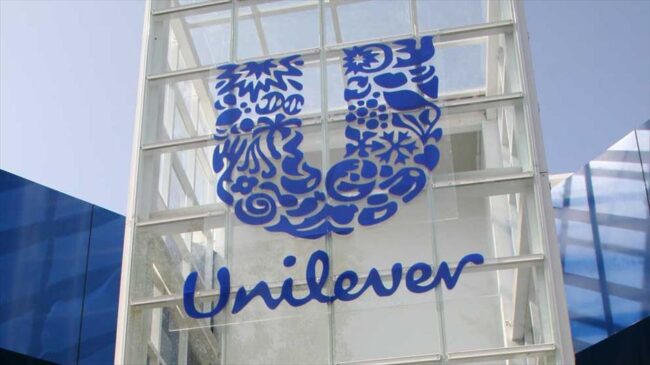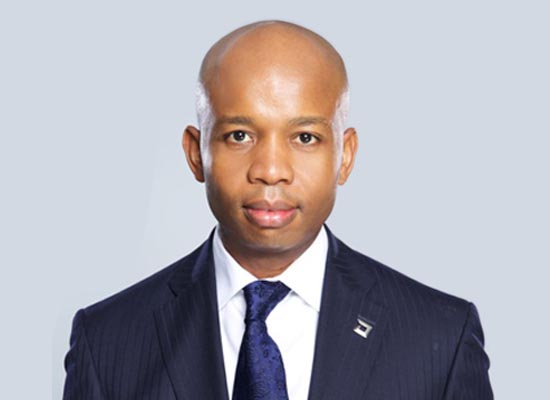International Breweries is building sales revenue from expanding market share but the revenue gains aren’t reaching the bottom line. The Ilesha-based company has been on a major capacity building endeavour since last year under which it has merged with an Onitsha-based Intafact Breweries Ltd, producers of hero beer and Port Harcourt-based Pabod Breweries Ltd.
The post merger entity – International Breweries, is now a subsidiary of AB InBev – the world’s largest brewer, which has proceeded to build a fourth brewery at Sagamu, Ogun State. The N90 billion brewing plant is AB InBev‘s second largest in Africa, after its South African brewery. With significantly enhanced capacity for massive product roll, International Breweries is advancing market share in a period that the total brewed products market is declining.
Sales revenue advanced more than three times year-on-year to N53.11 billion for International Breweries at the end of half year operations in June. Aggressive push of local brands is paying off with a favorable price advantage and new product introductions are expected to reinforce the competitive force in the marketplace.
The company closed its 9-month financial year in 2017 with a turnover of N36.53 billion, which could triple this year based on the current growth rate. The ability to convert growing sales revenue into profit is however the company’s problem and rapidly rising interest expenses is largely responsible.
Advertisement
Second quarter operations ended with a pre-tax loss of N5.24 billion for International Breweries, which deferred tax credit lowered to an after tax loss of N2.85 billion. Deferred tax credit also helped the company convert a pre-tax loss of N3.2 billion into an after tax profit of N1.43 billion at the end of last year’s operations.
Rapidly growing cost of finance stands on the company’s way to profitability, jumping more than three times year-on-year to N7.13 billion at the end of half year trading in June. That is close to four times the company’s operating profit figure of N1.88 billion during the period.
Resort to increased borrowing to finance its capacity building is taking its toll on revenue. The company’s balance sheet debts have grown rapidly from N88 billion at the end of last year to N175 billion at the end of half year operations.
Advertisement
Another constraining factor is input cost, which grew ahead of sales revenue at 265% year-on-year to N34.24 billion over the review period. It claimed an increased share of sales revenue at 64.5% compared to 54% in the same period last year.
Further constraints came from marketing/promotional expenses, which surged up from N828 million to N4.16 billion over the review period. Administrative cost also grew rapidly by 235% year-on-year to N12.2 billion.
The rapid cost increases resulted in a 35% drop in operating profit to N2.29 billion at the end of half year operations. This means that no part of the nearly N36 billion increase in revenue during the period reached the level of operating profit.
The loss for the period amounted to 33 kobo per share at half year, rising from a marginal loss of 2 kobo per share in the same period last year. The company earned 17 kobo per share at the end of last year. No dividends have been paid since 2016.
Advertisement

